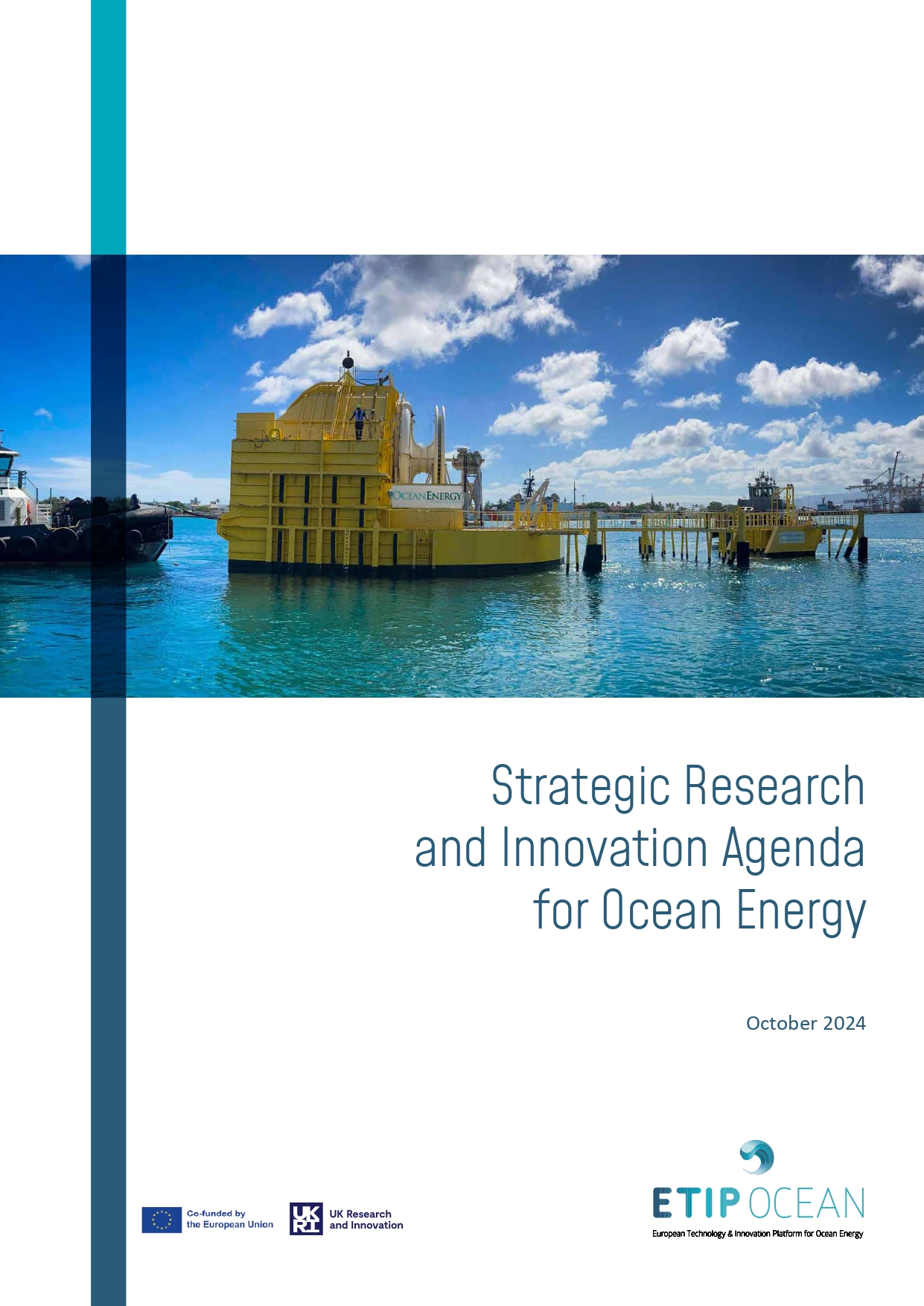A decade of RSPO in China
The ninth RSPO China Forum, recently held in Guilin, gathered stakeholders from across the palm oil supply chain to discuss advancements and challenges in promoting RSPO Certified sustainable palm oil (CSPO) in China. It also marked a decade of the Roundtable on Sustainable Palm Oil’s (RSPO) presence in China.

Since officially commencing operations in 2015, RSPO membership in China has grown to 480 members, reflecting rising awareness of the critical role sustainable palm oil plays in driving economic growth, environmental protection, and alignment with global sustainability commitments.
China, currently the world’s second-largest importer and third-largest consumer of palm oil, imported 4.36 million tonnes of palm oil in 2024, with RSPO Certified palm oil accounting for approximately 500,000 tonnes.
The past decade has witnessed China evolve from an emerging market into a key driver of global demand for sustainable palm oil. This momentum is increasingly fuelled by national policy, consumer expectations, and corporate ESG strategies, said Fang Lifeng, Head of China, Market Transformation, RSPO.
A key milestone in the market’s transformation was the first-ever shipment of RSPO Identity Preserved (IP) certified sustainable palm oil in November 2024, led by Yili Group and Yihai Kerry.
China’s growing influence is crucial in shaping global palm oil sustainability and promoting responsible sourcing practices. Its commitment is increasingly driving international markets towards sustainable palm oil solutions. RSPO remains deeply committed to advancing sustainability further in China, whose emergence as a global sustainability champion over the past 10 years has been remarkable, noted Dr Inke van der Sluijs, RSPO Director of Market Transformation, in her opening remarks.
The RSPO China Forum also convened RSPO Member companies from both producing and consuming countries to explore collaborative strategies aimed at aligning supply and demand, ultimately driving forward the sustainable production and consumption of palm oil globally.
Let every drop of palm oil carry a green mission — striving for a sustainable future for people, biodiversity, and the planet, commented Zhu Chunxian, QA Director, Shanghai Ezaki Glico Foods Co., Ltd, during the panel discussion.
With international regulations such as the EU Deforestation Regulation (EUDR) taking effect by the end of 2025, together with market-driven sustainability voluntary standards, compliance and supply chain transparency are becoming competitive advantages for Chinese enterprises.
As more companies adopt these trends, China is well-positioned to lead on responsible and green sourcing, contributing to the overall growth in the production, trade, and consumption of sustainable palm oil.
What's Your Reaction?


















































